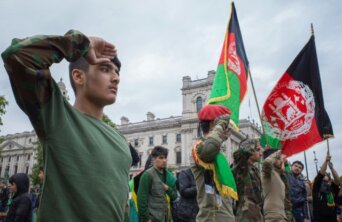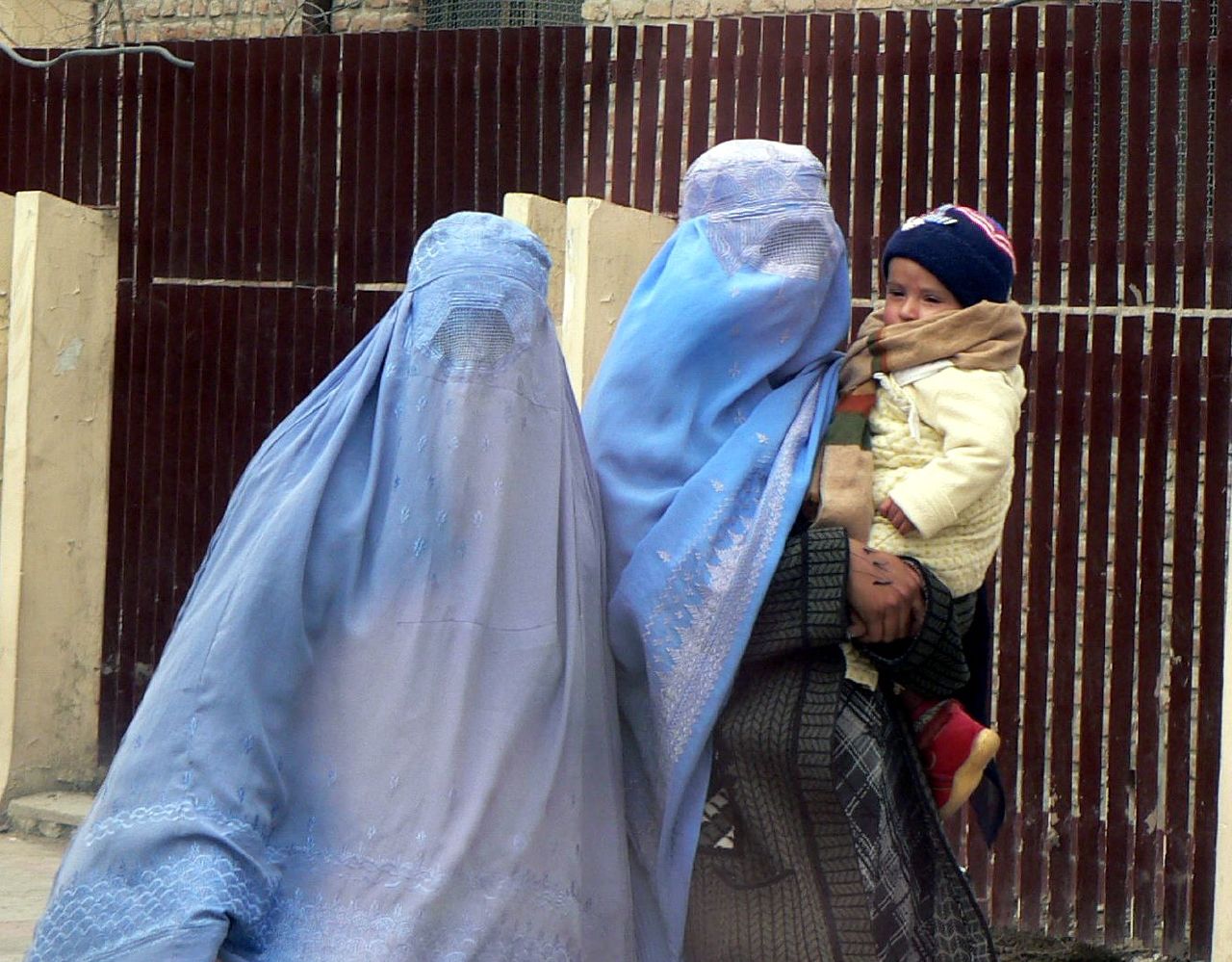- About
- Topics
- Picks
- Audio
- Story
- In-Depth
- Opinion
- News
- Donate
- Signup for our newsletterOur Editors' Best Picks.Send
Read, Debate: Engage.
| topic: | Women's rights |
|---|---|
| located: | Afghanistan |
| editor: | Shadi Khan Saif |
Afghan women and girls have been slapped with another punitive restriction by the country’s de facto Taliban authorities - wear the vaguely propagated dress code in public or face spot arrests, humiliation and detention.
Reports emerging from Kabul suggested that at the beginning of January, the Taliban’s moral police, for the first time during its two-year rule, arrested a woman whom they deemed to be violating the dress code by wearing a "bad hijab". Since then, the Taliban have launched a crackdown on dress codes for women and begun rounding up women and girls deemed violating the dress code.
The moral police team spokesperson, Abdul Ghafar Farooq, confirmed to the local Salam Watandar radio station that they had arrested several girls in Kabul over the dress code.
“It has been almost two years that the Ministry for the Propagation of Virtue and the Prevention of Vice, its complaint hearing department and the ombudsman have made many recommendations to the people to popularise good things and prevent bad things, and in a special way about hijab in the light of hadiths, Quran and religion, and presented to people these ideas repeatedly and in a soft tone.” Said Farooq.
He asserted that after “patience” of more than two years, they were “forced to make arrests to prevent obscenity in the society.”
This has further panicked the already marginalised and frightened girls and women who were daring to come out of their homes to meet their daily needs of life. Girls’ schools and universities remain closed in Afghanistan on the Taliban orders.
Reacting to the latest curbs and arrests, the UN Assistance Mission in Afghanistan has raised its voice of concern. In a statement, the UN Secretary General’s Representative for the country, Roza Otunbayeva, said enforcement measures involving physical violence are incredibly demeaning and dangerous for Afghan women and girls. “Detentions carry an enormous stigma that puts Afghan women at even greater risk. They also destroy public trust,” Ms. Otunbayeva has said.
Afghanistan is a war-ravaged country where millions of humans are still grappling with hunger. An array of the fundamental needs and rights of the population, such as health, education and provision of fundamental services, are unavailable to most of the inhabitants. At the same time, women continue to face additional curbs and discrimination. Under such circumstances, the move to beat, humiliate and put in detention women for not covering their faces and hair is impossible to justify.
The Afghan diaspora worldwide and the surviving Afghan civil society inside the country have been raising their voices for international support and intervention with very little or no salvation offered to them.
Image by Ehimetalor Akhere Unuabona.

